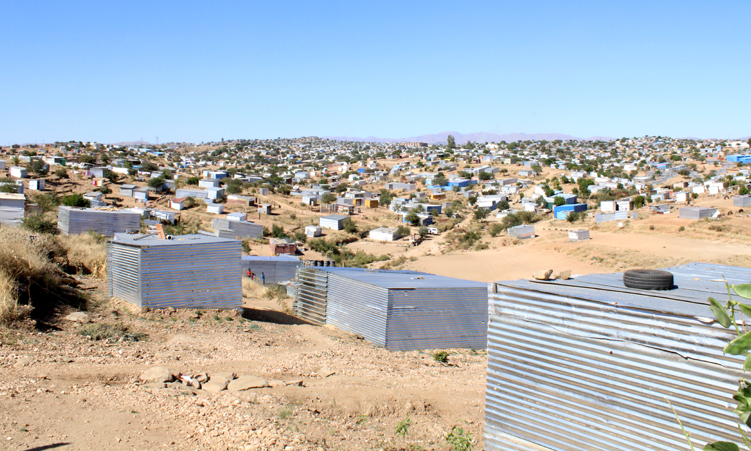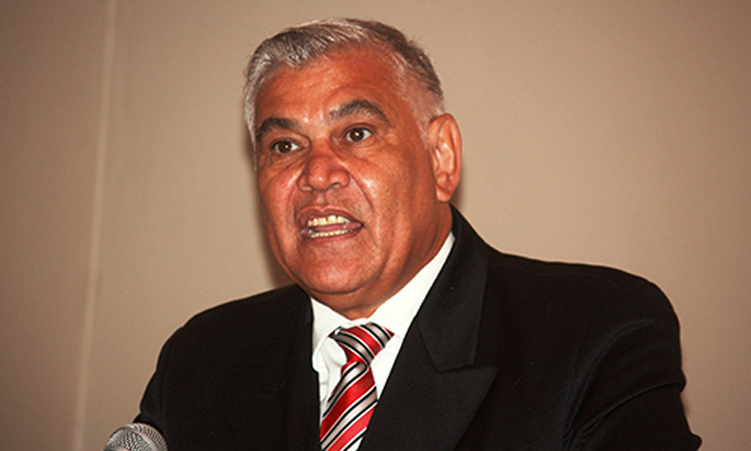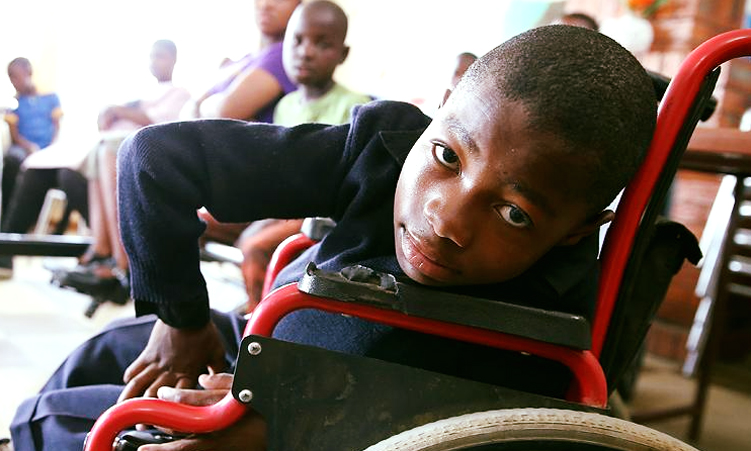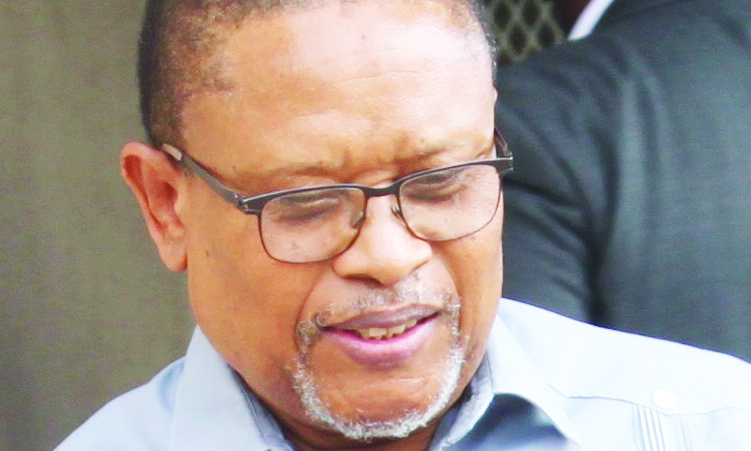Windhoek mayor Joseph Uapingene says Windhoek’s largest informal settlement, housing about 80 000 residents, severely lacks public services.
“With only one primary school and no other public facilities . . ,” he said during last week’ ordinary meeting about the Samora Machel informal settlement.
“The need for public services in the informal areas of Goreangab is urgent. To avoid a crisis, land must be availed [sic] as a matter of urgency to allow for the construction of a primary school, secondary school, health centre, and a police station, while a lease or purchase application is being prepared,” he said.
Uapingene said the council has approved the reservation of a site on farm 508 for the construction of a health centre, primary school, secondary school, and police station for the Samora Machel constituency.
The Namibian recently reported that some residents walk as far as two kilometres or more to access tap water.
Victoria Haufiku (30), a Goreangab resident, says her legs cannot take it any more.
The single mother of four has been making the journey to get water for the past six years, carrying enough containers to last a few days.
The family often does not bath, as the little water they have is reserved for cooking.
“We are suffering. We walk for more than two kilometres just to get clean water, and we have been doing this for more than five years,” she says.
Haufiku, who is unemployed, says she sometimes goes to sleep on an empty stomach, because there is no water to cook with.
“
We use a five-litre container, which lasts for more than five days, just to avoid walking up and down. If the water is finished, the kids will be crying.
“There’s nothing you can do, and you feel like you failed as a mother,” she says.
Community leader Shikongo Nicanor says residents feel betrayed by the government.
“We still do not have water, no electricity and no toilets. Are we not in Windhoek? We are tired of the empty promises the leaders make during elections, only to disappear afterwards,” he says.
Nicanor says the government should start engaging the residents of informal settlements on the crime in the area.
“We have cases where women are being raped in their shacks, shacks being broken into, or shacks burning due to candles, because there’s no electricity,” he says.
RAPIDLY GROWING
A total of 48 233 informal structures have been recorded, 3 394 in the Khomasdal constituency, 9 052 in the Moses Garoëb constituency, 21 241 in the Samora Machel constituency, and 14 546 in the Tobias Hainyeko constituency.
Sacky Malima from Goreangab says the townships are normally overcrowded, but this has become worse since the Covid-19 pandemic has left people unemployed.
Many simply cannot afford to pay their rent.
“You will find more than 10 people living in one shack. We are not allowed to extend, because it’s the municipality’s place, or they will say you are an illegal occupant,” Malima says.
He says apart from this, women are the main victims of crime at the informal settlements.
He says although there are ministries and organisations for the protection of women and children, they have never visited these areas.
“We hear about cases of rape or illegal abortion and abuse. Women are scared. Maybe if we had clinics nearby or social workers, women would feel free to share their experiences,” Malima says.
EXPANSION PLANS
Uapingene last week said the council has approved the need to establish two townships which will be known as Otjomuise extensions 14 and 15.
“The township will be earmarked for low-income groups and equally serve as a relocation site for households from existing overcrowded informal settlements when such settlements are being formalised,” he said.
Uapingene said urbanisation will continue to occur as long as urban areas are seen as a symbol of hope against abject poverty.
“Using the average number of 3,8 people per household, the number of people living at Windhoek’s informal settlements is estimated at 183 285 inhabitants.
“Given the above, the proposed development is highly needed to address informality and guarantee the project beneficiaries’ security of tenure and access to basic services,” he said.
“Through Vision 2030, the country set itself a goal to become a developed country by the year 2030, and further to have about 70 % of its population urbanised,” he said.
Stay informed with The Namibian – your source for credible journalism. Get in-depth reporting and opinions for
only N$85 a month. Invest in journalism, invest in democracy –
Subscribe Now!






